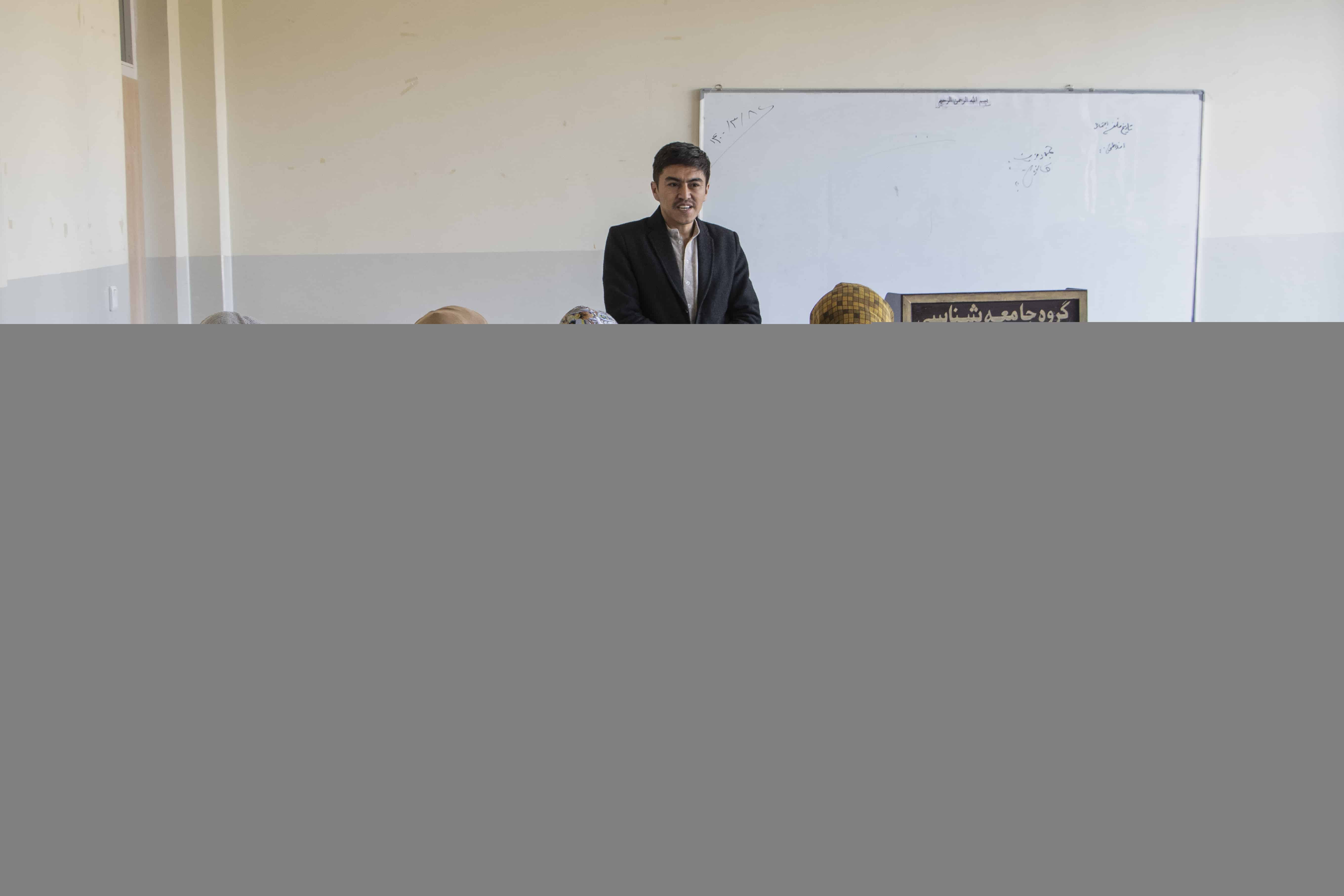Afghanistan’s main universities reopened Saturday six months after the Taliban returned to power, but only a trickle of women returned to now-segregated classes.
Most secondary schools for girls and all public universities were shuttered following the Taliban’s August 15 takeover, sparking fears women would be barred from education — as happened during the first rule of the hardline Islamists, from 1996-2001.
The Taliban insist they will allow girls and women to be educated this time around — but only in segregated classes and according to an Islamic curriculum.
Some public tertiary institutions in the south of the country resumed last month, but on Saturday Kabul University, the oldest and biggest with a student body of around 25,000 last year, re-opened without fanfare — and few students in attendance.
Taliban guards refused journalists access to the sprawling campus and chased away media teams lingering near the entrance.
AFP, however, spoke to some students away from the gates, who expressed mixed feelings after their first day back.
“I am happy that the university resumed… we want to continue our studies,” said an English major who asked to be identified only as Basira.
But she said there were “some difficulties” — including students being scolded by Taliban guards for bringing their mobile phones to class.
“They did not behave well with us… they were rude,” she said.
Another English student, Maryam, said only seven women attended her class.
“Before we were 56 students, boys and girls,” she said.
– No students in Panjshir –
There was also a shortage of lecturers, she said, adding: “Maybe because some have left the country.”
A similar picture emerged from campuses across the country, although no students returned to class at Panjshir University, in the heartland of a nascent resistance to the Taliban’s rule.
“I do not know if they will come tomorrow, or the day after tomorrow, or not,” said Professor Noor-ur-Rehman Afzali.
Panjshir was the last province to fall to the Taliban last year, and Jaber Jibran, a faculty head, said several classrooms destroyed in that fighting had still not been repaired.
The Taliban have said previously that women students must wear a black abaya over their bodies and hijab on their heads, but stopped short of insisting on the all-covering burqa that was compulsory during their previous rule.
Several students, however, appeared dressed no differently Saturday than they would have before the Taliban takeover, with a simple shawl covering their heads.
“I have never worn any hijab before… it’s new for me,” said Sohaila Rostami, a biology student in her last semester at Bamiyam University.
“I used to wear jeans and other normal clothes. It will be difficult for me to observe hijab,” she told AFP.
In Herat, the ancient Silk Road city near the Iranian border and once one of the Islamic world’s most important intellectual centers, students also complained about a lack of tutors.
“Some of our professors have also left the country, but we are happy that the university gates are open,” said Parisa Narwan, studying arts.
Tens of thousands of Afghans fled the country as the Taliban stormed back to power — among them teachers and lecturers who had been vociferously critical of the hardline Islamist group.
No country has yet recognized the new regime, which has imposed several restrictions on women — including banning them from many government jobs.
In Kabul, student Haseenat said campus life for women was now very different to before.
“We are told not to go out of our classes,” she told AFP.
“There is no cafeteria anymore… we are not allowed to go to the university’s courtyard.”








